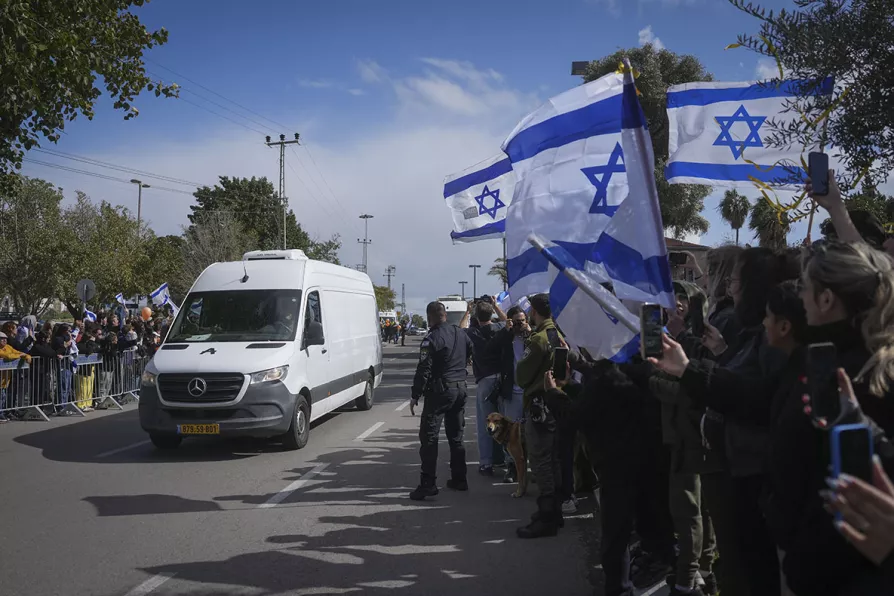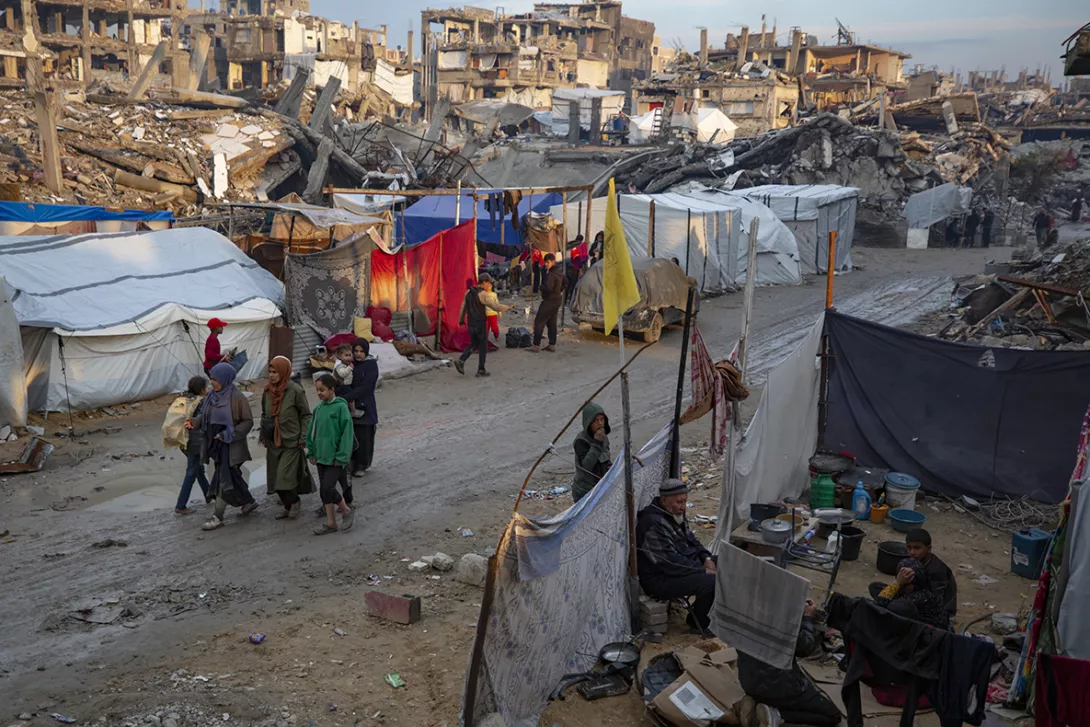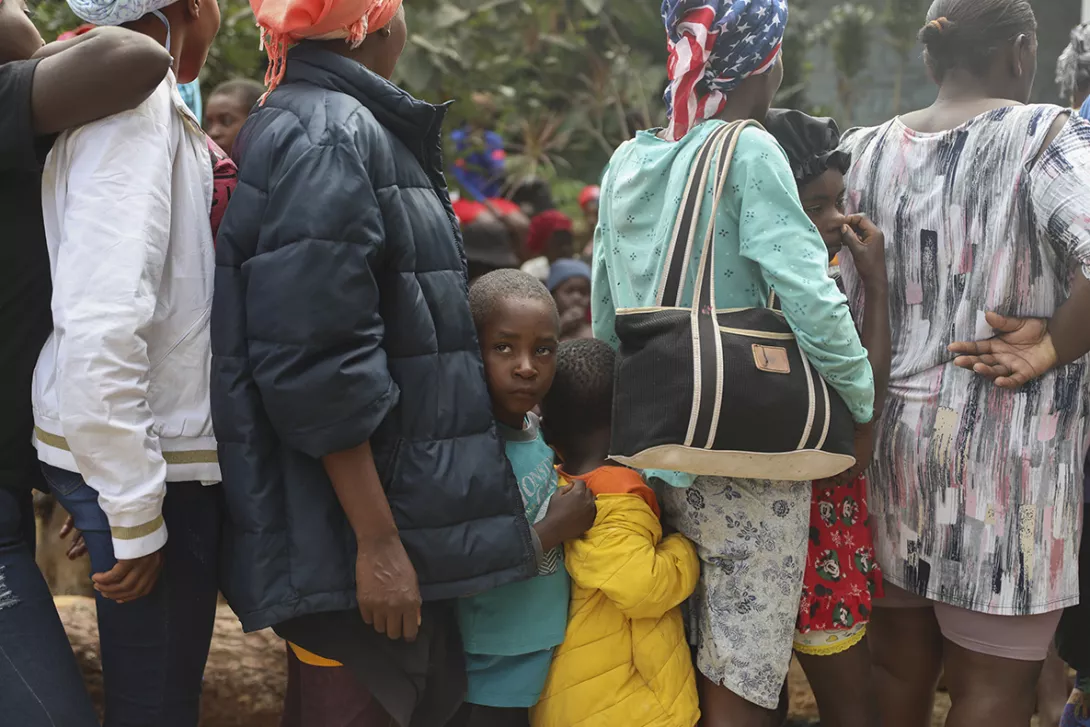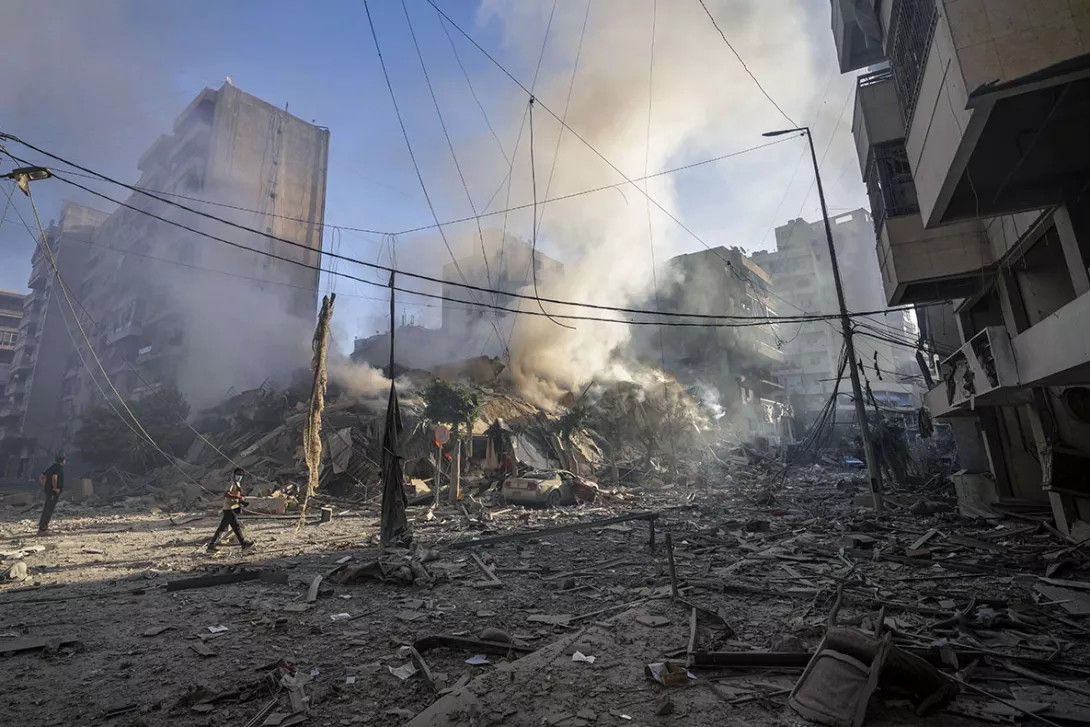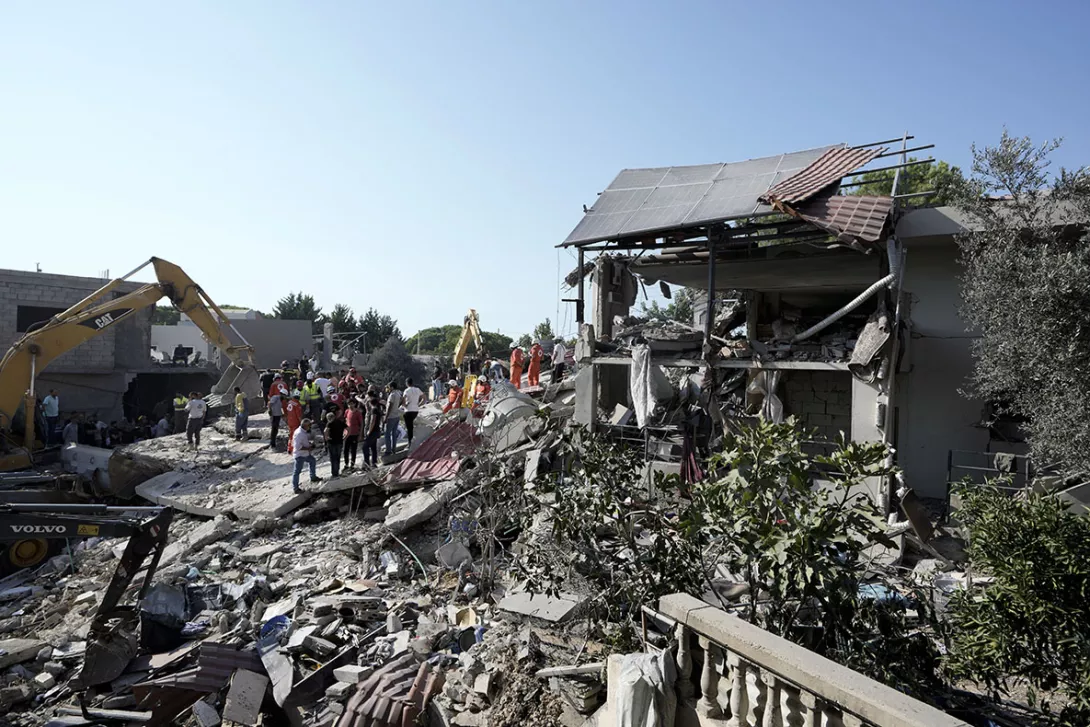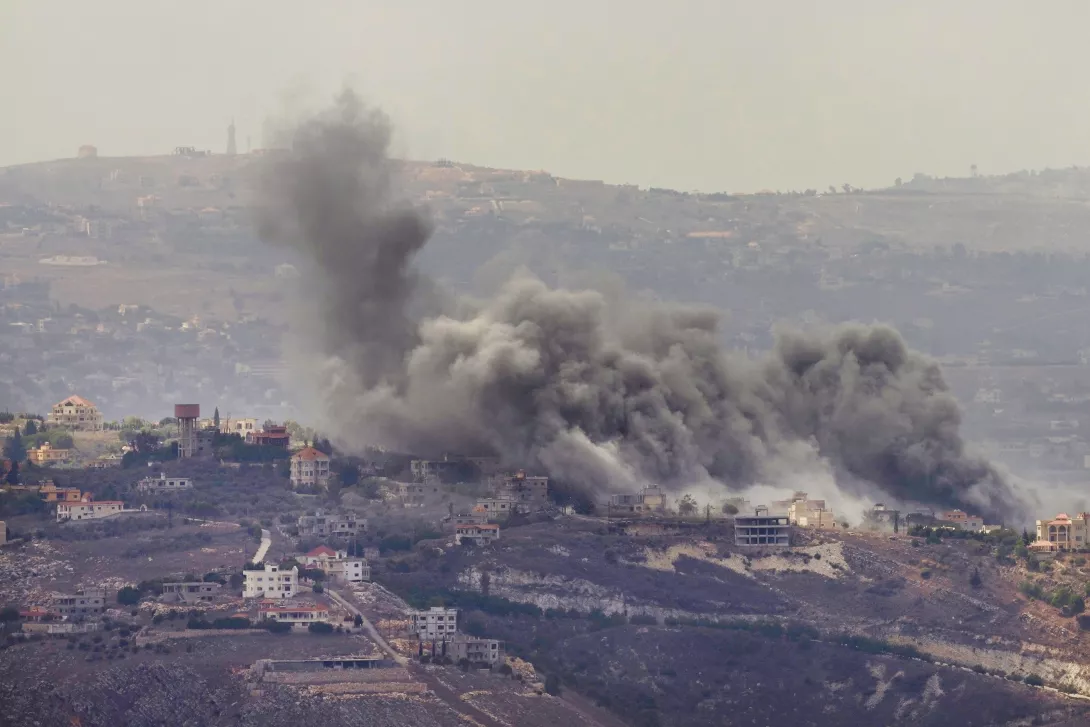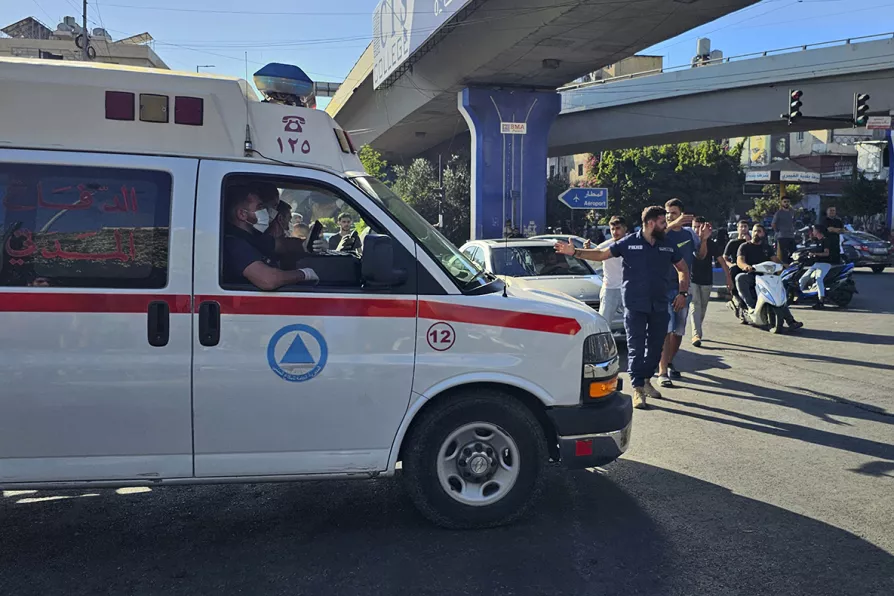Middle East on brink of all-out war
Iran launches multiple missiles at Israel after it invades Lebanon
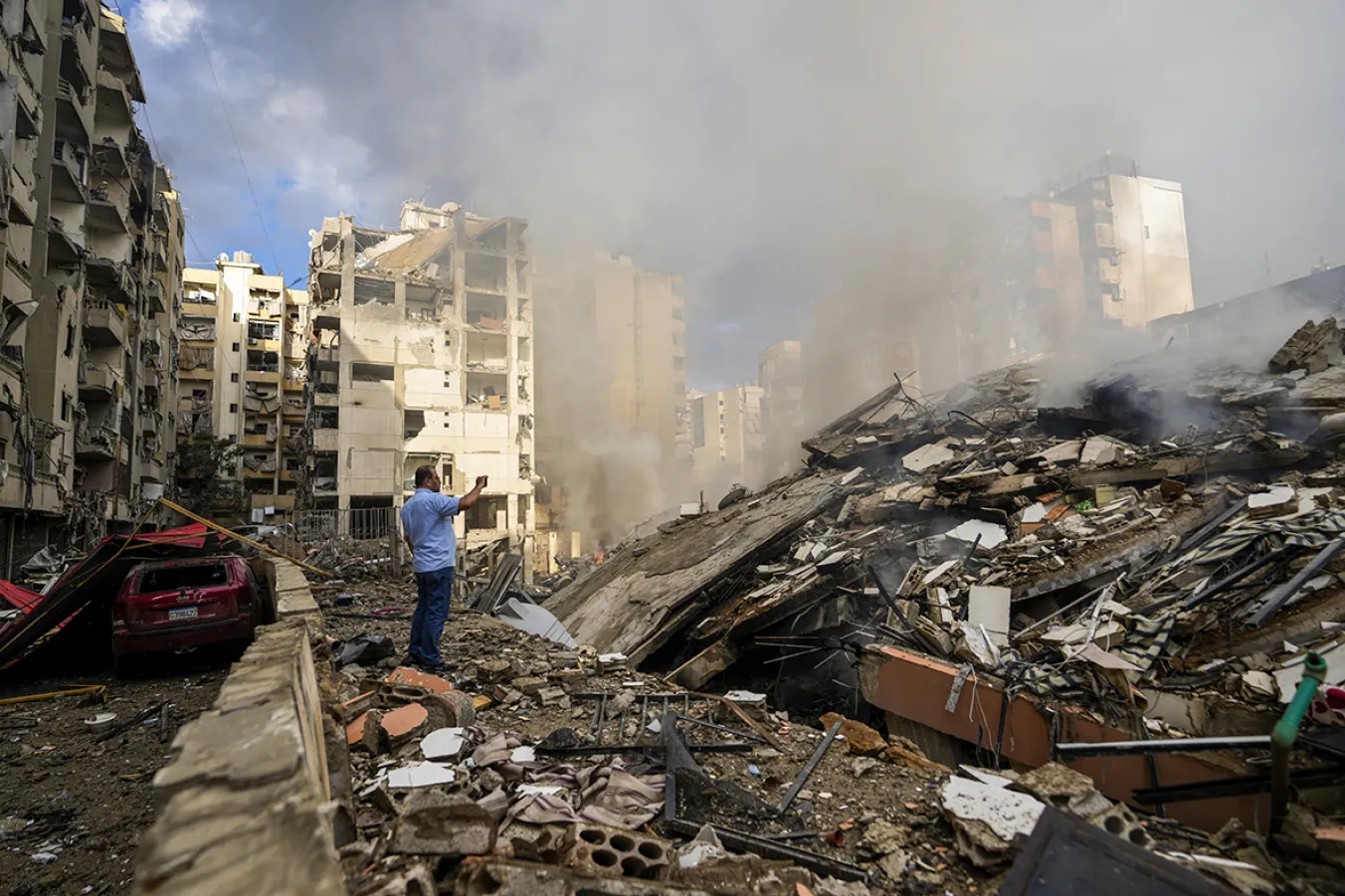
ISRAEL’S invasion of Lebanon looked close to having ignited all-out war in the Middle East last night as Iran launched multiple missiles at Israeli targets in response.
It was unclear how Israel or the US, which has stationed huge forces in the region to back Israel up as it continues its Gaza genocide, would react as the Morning Star went to press.
The Israeli military followed up its violation of Lebanese territory by warning residents of nearly two dozen border communities to evacuate, hours after announcing the start of “limited” ground operations against the Hezbollah resistance movement.
More from this author
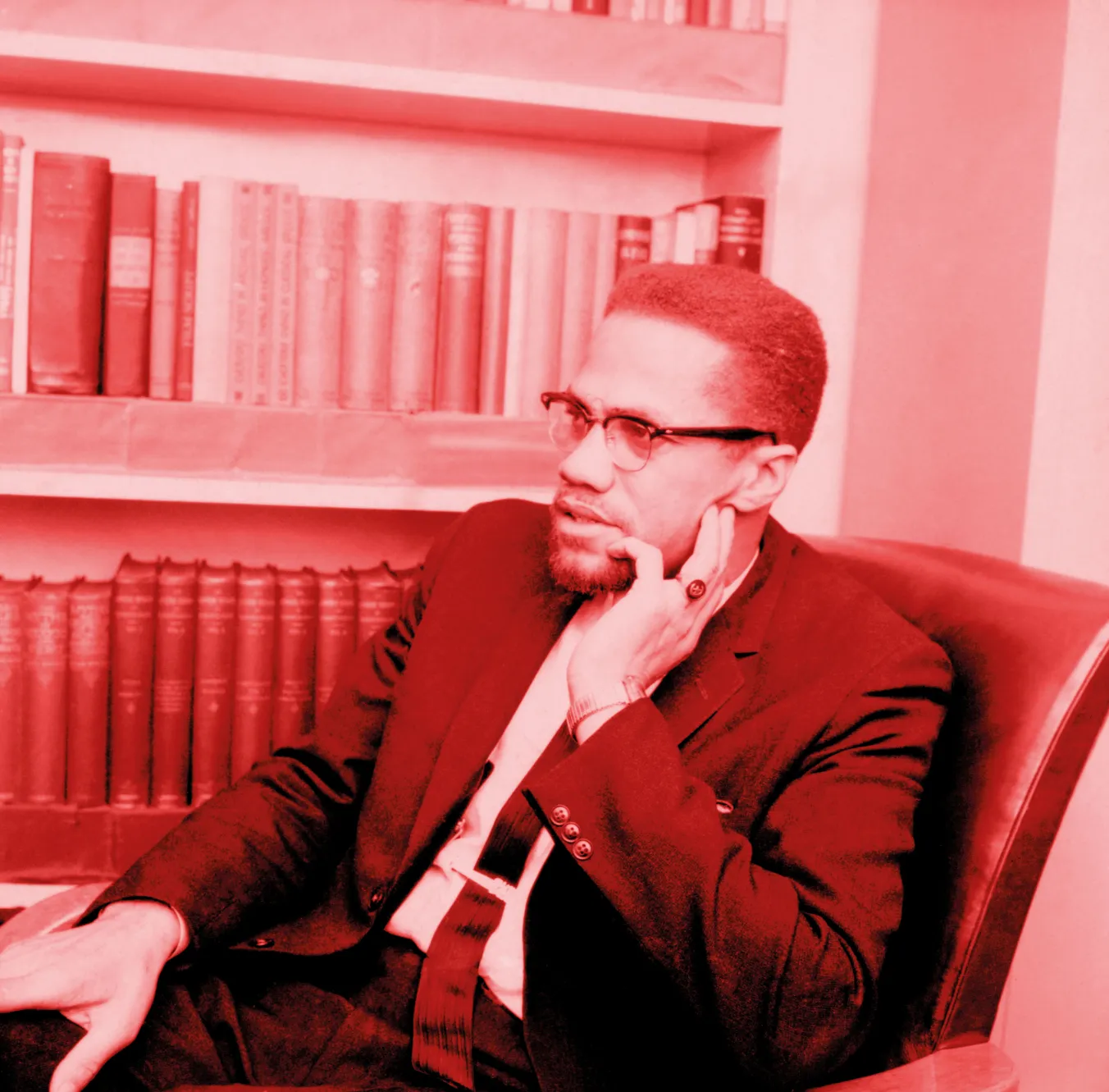
ROGER McKENZIE looks back 60 years to the assassination of Malcolm X, whose message that black people have worth resonated so strongly with him growing up in Walsall in the 1980s
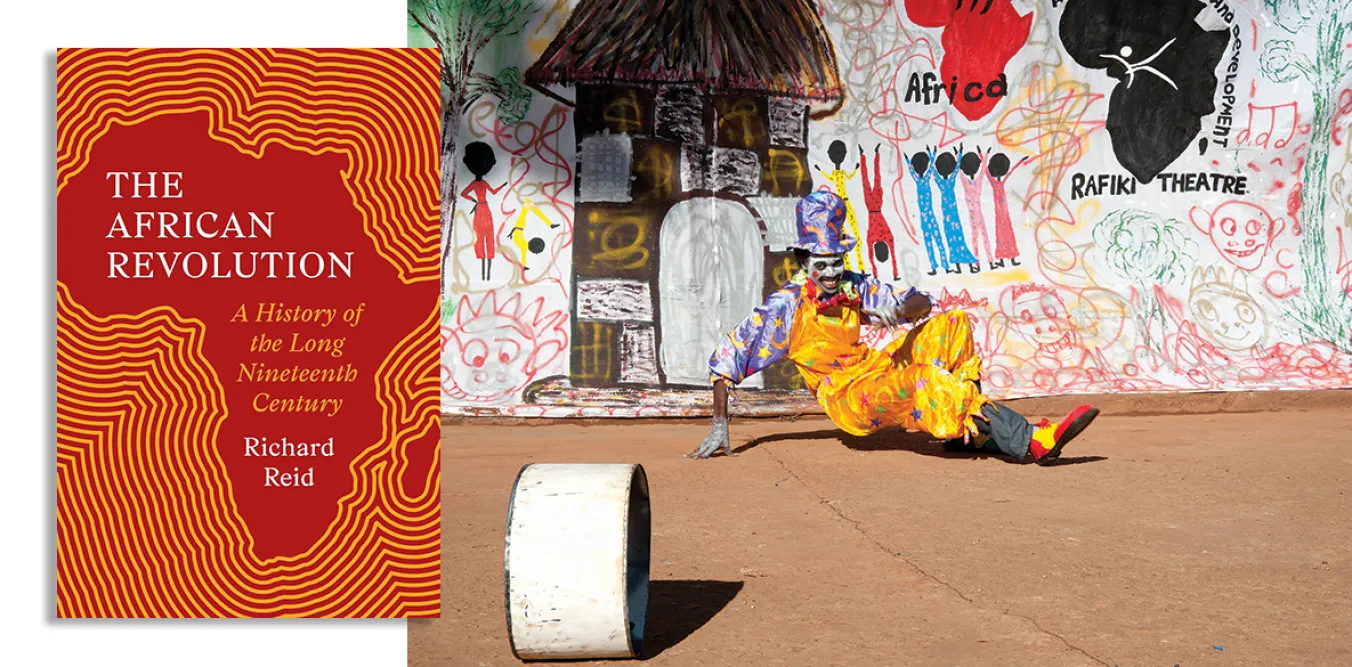
ROGER McKENZIE welcomes an important contribution to the history of Africa, telling the story in its own right rather than in relation to Europeans
Similar stories


